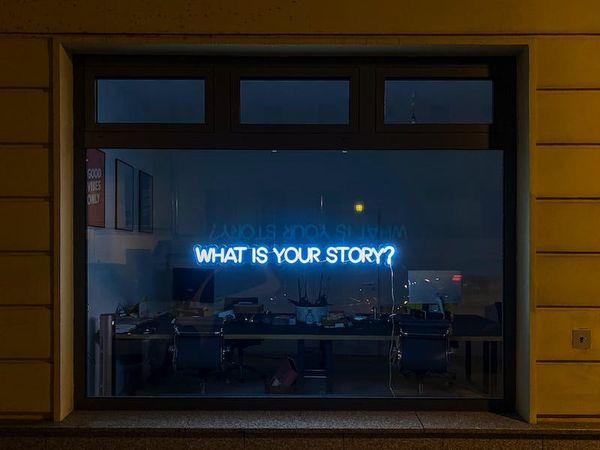My Battle with Perfectionism (and How I'm Overcoming It)

This year, I started to take my personal brand seriously.
Everyone on Twitter was doing Ship30for30, but I was not about to drop that kind of money on an accountability group. So I did my own version. I posted 28 blog posts in the month of March, with an accompanying tweet as my accountability.
In May, I joined the Build Your House Club. There I posted 21 Twitter threads about self-development and productivity.
Both of them were really enjoyable. It was hard work, but the little bit of engagement that I got felt great. I got clarity on the ideas in my head, and as I published, more were whispered into my ear.
There was one problem though. The requirement of daily publishing made me feel like I couldn’t put enough effort behind any one post. The publishing deadline would creep up on me, I would through something together in half an hour, post it, and go to bed. Rinse. Repeat.
I wanted more research. More sources. More statistics. More thought. More effort. I was excited to be done with the daily publishing so I could create the good stuff.
As I posted my last Twitter thread of the cohort, the world of opportunity sat before me. I could tone it down to weekly articles, spend more time on each post, and work on increasing quality.
I really wanted to start creating useful content. I was excited to put my big boy pants on and take writing seriously.
But that was 2 months ago. This is my first post since then.
Did you catch what my problem was? I’ll say it again:
“I really wanted to start creating useful content.”
Something as well-intentioned as being useful had completely paralyzed me. I wasn’t scared to publish. I wasn’t concerned that I was publishing crap. I did that for 2 months, no problem.
The real issue was that I didn’t know what a “useful” post looks like. During those two writing challenges, I had to create published posts. It’s very easy to see if something has been posted or not. It’s binary.
Usefulness is another matter. If no one is reading my posts, how can they be useful? Does that mean I need to get more people to read it first, or do I need to focus on creating higher-quality content? What does high quality look like? How do I get more people to read these posts?
Useful evolved into a bigger beast than I could handle.
All of this was happening subconsciously. Without me realizing it, my subconscious was saying “I’d rather post something useful than post something mediocre.” Though I wouldn’t normally call myself a perfectionist, the perfectionism monster snuck up on me, and stopped me from publishing for 2 months.
I experienced idealistic procrastination, and caught it red handed.
As I came to finally see this, I took a step back and realized that I need to change the rules of the game. My goal needed to be something that I could see and control.
So here’s what I committed to.
From now on, I’ll only publish articles that I’ve outlined and edited. An outline will give my articles better logical structure and storytelling, while the editing will help create clarity, reduce fluff, and (try to) catch any mistakes.
By adding these two steps into each blog post, I get one step closer to publishing higher-quality material. But before I can take that step, I needed to break it down.
In my case, publishing more allows me to learn what resonates with people. It’s much more effective than sitting back and thinking about what makes an effective post.
In order to get better, we need to practice.
Ask yourself: where do you need to change the rules of the game?
If you’re thinking about shipping creative work, but are hiding right now, this message is for you:
You disservice the world by keeping your voice hidden. Even right now, no matter where you are in your journey, “bad” art is more helpful than no art. If it’s poorly created, someone can hone their skills of recognizing what bad work looks like, and you get another rep of practice in. They can tell you what’s not great about it, and you can adapt. You get practice in, you get feedback. It’s the only way forward.
If you needed to hear that, go read The Practice by Seth Godin. It’s worth it.



